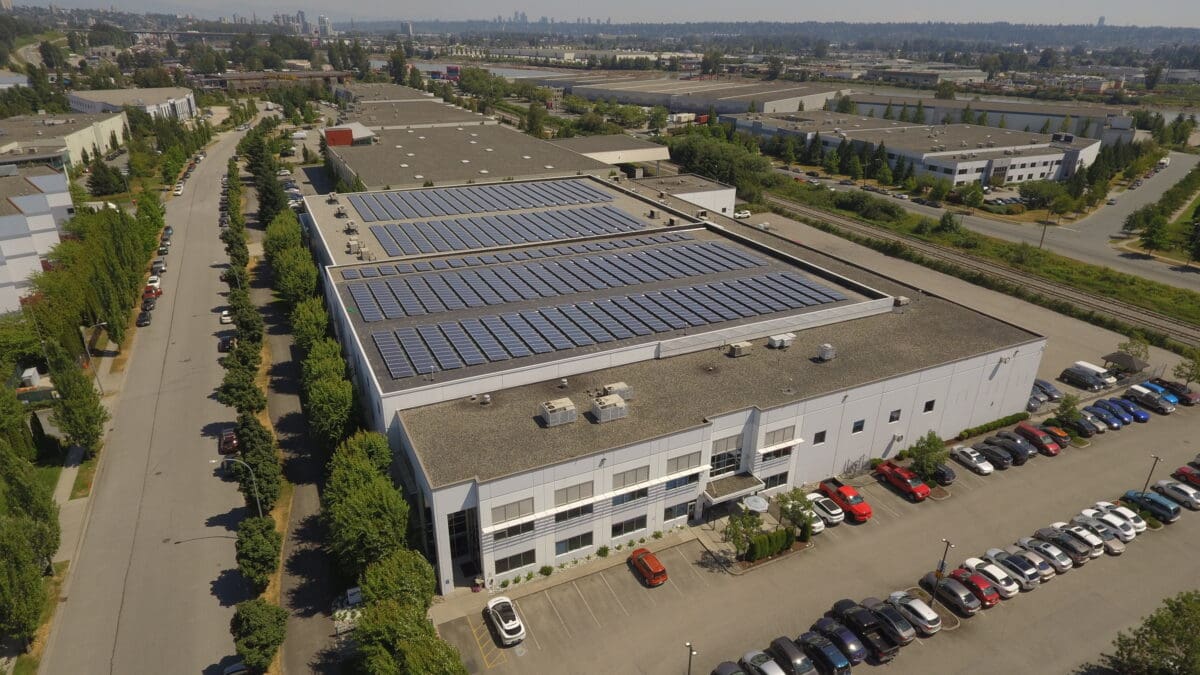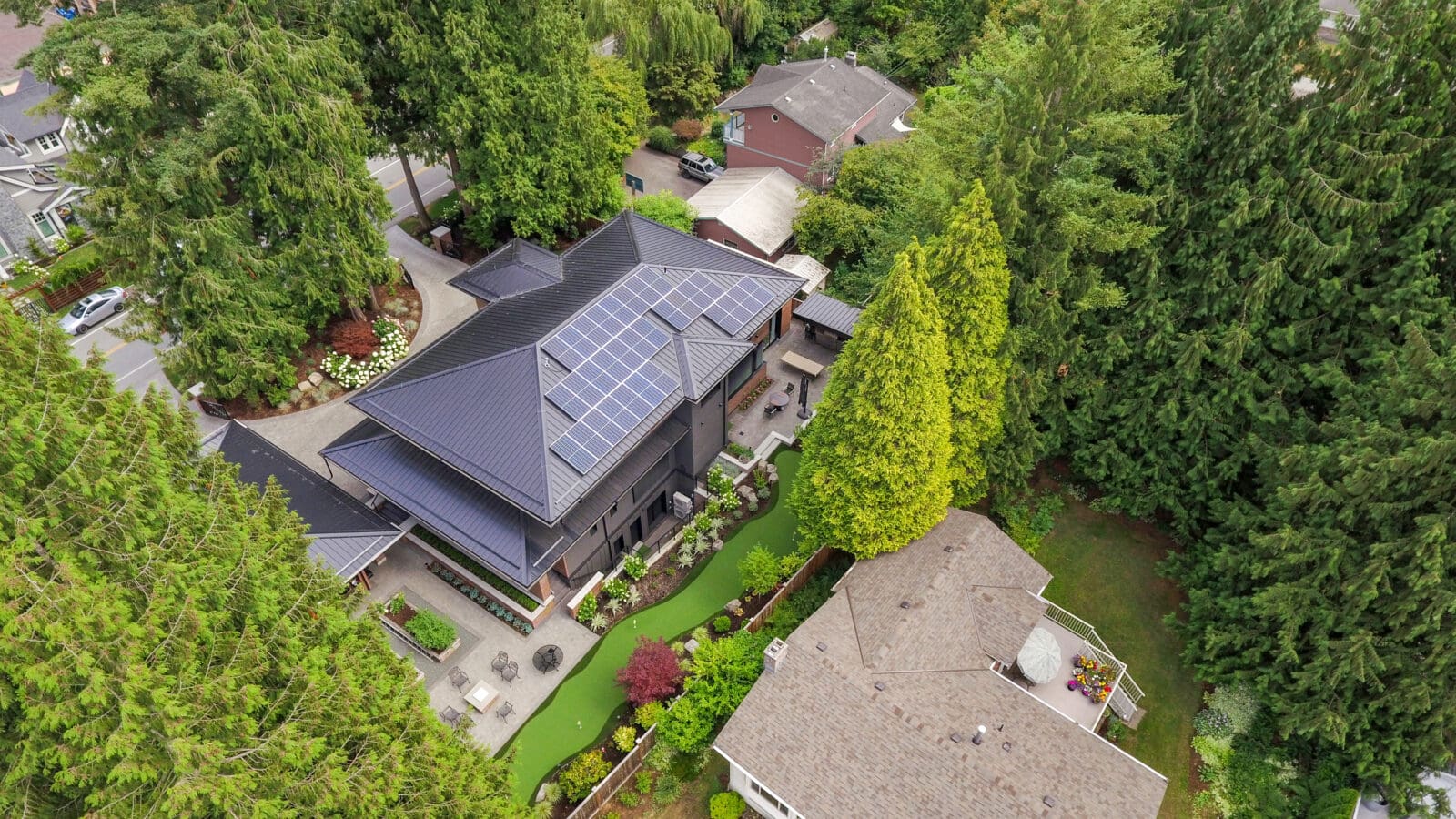There are little things you can do every day to reduce your carbon footprint and help reduce greenhouse gases. Taking care of the Earth is everyone’s responsibility and small habits can make a big difference.
At Home:
- Change your light bulbs. Compact fluorescent light bulbs (CFLs) last 10 times longer than a standard bulb and use at least two-thirds less energy.
- Look for ENERGY STAR products if you’re shopping for new appliances or home electronics.
- Turn off lights when you’re not in the room and unplug appliances when you’re not using them. It only takes a second to be environmentally conscious.
- Clean your air filters so your furnace and/or air conditioner doesn’t have to work overtime.
- Watch your water consumption. Something as simple as turning off the water while you brush your teeth or reducing your shower by a few minutes can make a big difference.
- Sort your trash, put pops and metal, cardboard and other paper products as well as glass in their respective recycling bins.
- When grocery shopping if it’s a toss-up between two products, choose the one with less packaging.
- Think about how much trash you make in a year. If you can, compost!
- Get a programmable thermostat so you aren’t wasting energy when you aren’t home. When you go to bed, reduce the thermostat setting.
On the Road:
- Walking or riding your bike to work can reduce greenhouse gas emissions.
- Use transit or carpool. Every car not on the road makes a big difference.
- Maintain your car. Underinflated tires can decrease fuel economy by up to 3 percent and lead to increased pollution (& higher greenhouse gas emissions).
- Slow down when driving. Reducing your speed from 100 to 90 KM/H can result in significant savings. (& less greenhouse gas emissions).
Go Solar:
- Solar power systems derive clean, pure energy from the sun.
- Installing solar panels on your home helps combat greenhouse gas emissions and reduces our collective dependence on fossil fuels. Traditional electricity is sourced from fossil fuels such as coal and natural gas. When fossil fuels are burned to produce electricity, they emit harmful gases that are the primary cause of air pollution and global climate change.
- Not only are fossil fuels bad for the environment, but they are also a finite resource. Because of this, the price is constantly fluctuating and can increase in a short period of time.
All of these habits will help you not only save the earth but save you money in the long run.


